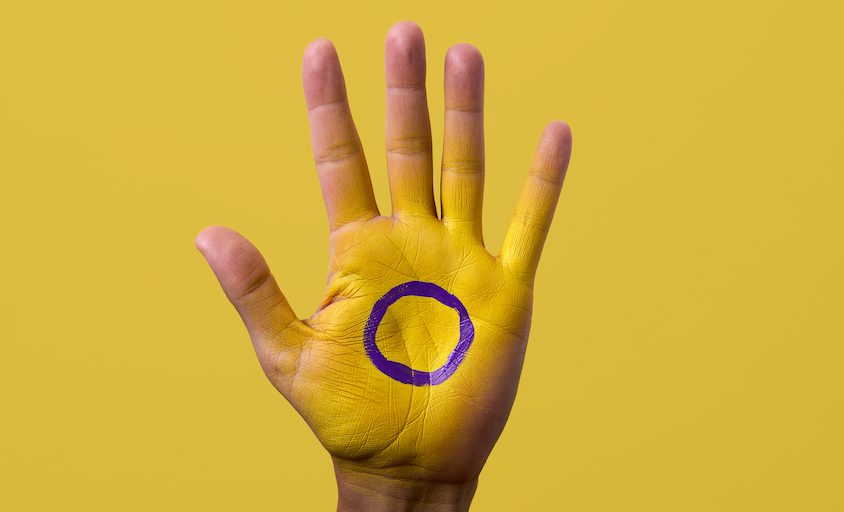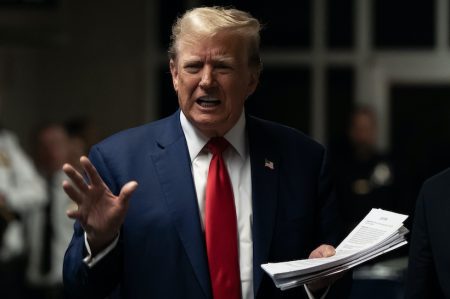The United Nations Human Rights Council has made history by issuing its first-ever resolution supporting the rights of intersex people. its first-ever resolution supporting the rights of intersex people intersex people. Intersex people are individuals born with a reproductive or sexual anatomy that doesn’t fit the typical definitions of female or male. An estimated 1.7% of infants are born intersex — many are forced to undergo irreversible surgeries to “correct” their anatomy and are subject to stigma and discrimination.
The resolution is titled “Combating Discrimination, Violence and Harmful Practices Against Intersex Persons” and instructs the U.N. High Commissioner for Human Rights to create a report on the challenges intersex people face and the best ways to ensure intersex people’s “highest attainable standard of physical and mental health.” The Human Rights Council will discuss the report in September 2025.
The resolution expresses concern about the violence and harmful practices that individuals with innate variations in sex characteristics, including children, face worldwide, such as medical interventions, without full consent, and without respecting the rights of the child.
The resolution acknowledges that intersex individuals may encounter discrimination in all areas of life and encourages member nations to work together with relevant international and regional organizations to combat discrimination, violence, and harmful practices against intersex people by addressing the root causes of anti-intersex discrimination.
The resolution also encourages member nations to collaborate with relevant international and regional organizations to address the root causes of anti-intersex discrimination in order to combat discrimination, violence, and harmful practices against intersex people.
This isn’t the first time that the U.N. has mentioned intersex individuals as it released a policy position last year on the protection of human rights in sport that mentioned intersex people.
The resolution notes that individuals with innate variations in sex characteristics may face multiple forms of discrimination in various aspects of life and may encounter restrictions in exercising legal capacity and accessing remedies and justice.
Last year, during the U.N.’s yearlong commemoration of the 75th anniversary of the Universal Declaration of Human Rights, 13 experts with the UN’s Special Procedures of the Human Rights Council released a policy position on the protection of human rights in sport that mentioned intersex people. released a policy position on the protection of human rights in sport that mentioned intersex people.
They noted with concern “attempts to use the male-female categorization to argue for the exclusion of trans women and women with intersex variations (or persons perceived as such) from female categories.”
In recent years, many international sports organizations have introduced new rules and restrictions aimed at excluding transgender and intersex women from competing against cisgender women.
They criticized the unfair attention and distrust towards all women’s bodies, which is based on stereotypical ideas about female athletes' performance and body shape. They also mentioned interventions that aim to change the natural and healthy hormone levels of targeted women to improve their sports performance. They pointed out that such interventions have had a greater impact on Black and Asian women athletes, particularly those from the Global South.
The U.N. urged states and international sports organizations to examine their rules regarding intersex individuals to ensure that they align with human rights norms and standards. They also called for an end to the targeting of trans and intersex women in the name of protecting women's sports.









